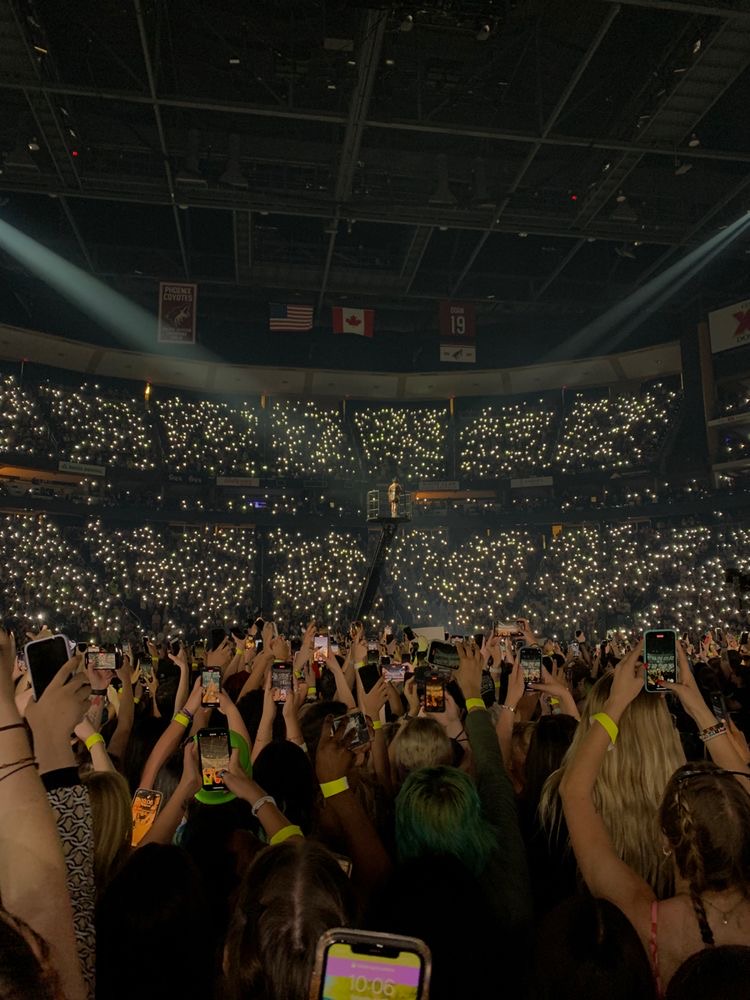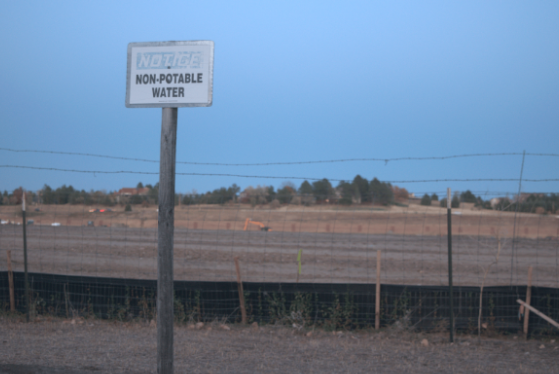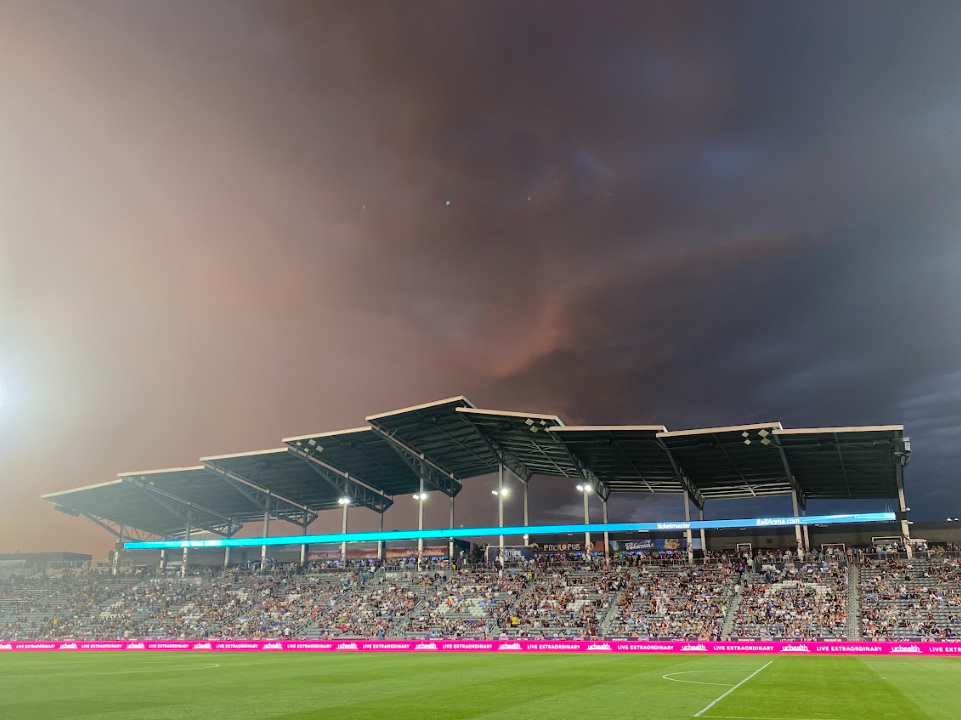By Sarah Yohannes, Photos Courtesy of Desmond Davis
I was walking into the empty bathrooms at my school in the middle of first period one Monday, after having watched Black Panther the previous weekend. I was listening to the Black Panther album made for the movie, still hyped from that Saturday, and out of nowhere I started to cry. It was just that; I was crying. I wasn’t weeping and my nose wasn’t running, yet the depth and the heaviness of what was causing these salty tears were definitely there. It wasn’t Black Panther coming out that made me realize how happy I was for there to be an epic film with a majority black cast or how badly we need for African-Americans to be represented better in the film industry, but it sure did something. I’ve known that black people needed more representation ever since I was young- ever since I realized what it meant to be black (not just in America, but almost anywhere). I can tell you one thing though, these melanin-tinted tears came to be when thinking about the contrast from the Black Panther movie to any other black movie- even more, the Black Panther characters compared to black characters in other films- that there’s ever been. It’s a beautiful thing, really. 2018. We’re here and we’re only getting better. From now on we are only getting more honest, because African-Americans need more representation in the media and in the film industry, which can help people black people as well as non-black people. The Black Panther movie is an example that helps solidify the need for ALL representation as well.
“It’s normal for black people of ALL ages to feel disconnected from themselves.”
It’s not uncommon for young African-American girls to bond off of how hard they would try to straighten out the knaps in their hair for picture day to look prettier or for young African American boys to bond off of how they would have to make excuses for things they didn’t deserve and become the bigger person in order to not be a target for the typical aggressive black man. My friend Naomi and I were having a conversation of how hard we would try to keep our hairs away from anything “too black”- we avoided weaves, braids, afros, anything to big, any curls to tight- I mean any sign of frizz was heart-shattering. We were laughing painfully hard at the moment, recalling our little girl worries, but as I reflected on it more it was actually quite troubling. It’s normal for black people of ALL ages to feel disconnected from themselves. Their souls don’t feel attached to their bodies and their face because a wide nose, dark skin, and big lips automatically make them a target of hate and classification when in reality they’re just as human as any other characteristics.
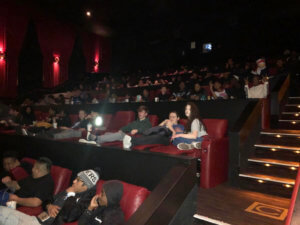
There is a blinking open-sign hanging over the African-American head that calls them something they aren’t, and it surrounds them, even in a child’s favorite place to go during the weekends- a movie theater. This non-verbal, and sometimes overt, name calling is found everywhere and needs to be stopped. And at the end of the day it is nothing short of shameful and disappointing. It’s wrong. Have you noticed how every black character in a movie (other than the two black men that rule over Hollywood, Denzel Washington and Will Smith) is always the same thing? They will either be the ratchet single-mom whose baby daddy left at 16, the criminal, the gangster, the drug dealer (and the addict), the girl that always plays the sidekick to the main character and is seen as the “crazy, ugly one,” or even the illiterate or dumb ones who fill up the lower-level classrooms in the high school movies. But wait! I can’t forget the classic, “Let’s make the 700th movie about slavery to prove how strong black people had to be back in the day.” And coming from someone who is black and shares in the burden-carrying of these awfully untrue stereotypes, it’s quite embarrassing. It’s embarrassing to walk around having to be the sacrificed calf and fill in this blank in people’s minds of “What is a black person?” Film has to answer these questions and supply the answers with the types of roles black people are getting. This is not about black people not getting the roles (even though this category too, can be improved), but it’s the type of roles they get. Black people are the ventriloquist dolls placed in a movie whenever a funny extra is needed. Sucks. A lot.
“This was the first time I, and the rest of the world, was able to see a huge group of black people doing something not “typically black” but also beyond average and beyond what everybody else can do.”
But as of about three weeks ago, Black Panther spit on these ideals and traditions and did something I didn’t know black people were allowed to do in the film industry: they just made a movie. They made a Marvel superhero movie, the best of the best, and that’s it (while exceeding all the box-office records for any Marvel movie and it’s pre-sale records and is in the Top 5 for box-office sales in just under a month.) African culture and African-American culture was presented, but they didn’t make a “12 Years a Slave”, a “Straight Outta Compton”-wannabe movie, or a Tyler Perry dysfunctional-family movie. They just displayed what they can do as regular (and also extraordinary and gifted) people, and this is what I was thinking about on that Monday morning, and that’s when my face began to sting. This was the first time I, and the rest of the world, was able to see a huge group of black people doing something not “typically black” but also beyond average and beyond what everybody else can do. There are the characters of King T’challa of Wakanda and the Black Panther, Nakia the spy that saves people all around Africa, Okoye the head of the dora-milaje (the fierce female-warriors that protect the king), Shuri the 17-year-old girl who has built and maintained the improvements and tech in Wakanda (the most technologically advanced nation in the world), etc. Bold moves like this characterization actually DO contribute with eliminating stereotypes, as they need to be. They aren’t gone, but it helps because the film showcases black people in a good light for once. and it almost convinces everyone, black people and non-black people, that African Americans can achieve great things and do not have to listen to the stereotypes that make their standards low. Films specialize in telling stories and are great for convincing people of a truth.
A badass movie that brings the child out of every person? What could be better? A trend. A trend of movies similar to this one. A trend where black people’s best isn’t displaying their “criminal activity,” Latino people’s best isn’t displaying their means of emigrating to other countries, Asian people’s best isn’t displaying their “brains,” where Arab people’s best isn’t displaying their “harms,” and where brown skin and foreign features are embraced and elevated rather than being an indication of low ceilings.
“A badass movie that brings the child out of every person? What could be better? A trend.”
Tons of these glass ceilings were broken through and shattered with this film as it educates people of a different side of what it means to be black, and human, and instills a new confidence in black kids and black teenagers AND black adults. It tells them that they can go forth without having to let stereotypes and the type of representation seen on film define what they do. Because if they try hard enough, they can save a nation just like King T’Challa. It allows them to be strong without fearing that their strength with be translated to anger or bitterness from the outside world. This film, being one of the top five films for highest pre-ordered sales and almost having passed the one billion mark for box office sales, is a first because it’s sensitive and it’s sweet. It brings emotion to each person sitting in the red velvet seats as yet another layer of the African-American race is peeled, revealing its humanity and its commonality, its beauty and richness, its bravery and strength, with a dash of African royalty. Black Panther strips down the stereotypes, commonly emphasized by the role and representation in which African Americans receive and make ANYONE believe that you can achieve beyond anything of the ordinary, no matter where you are from or look like.
None other but the relevant Eric Killmonger says it best, “Can you believe that? A kid from Oakland running around believing in fairytales?” Well, now we can, thanks to leaps this film has taken for black people and for the film industry.


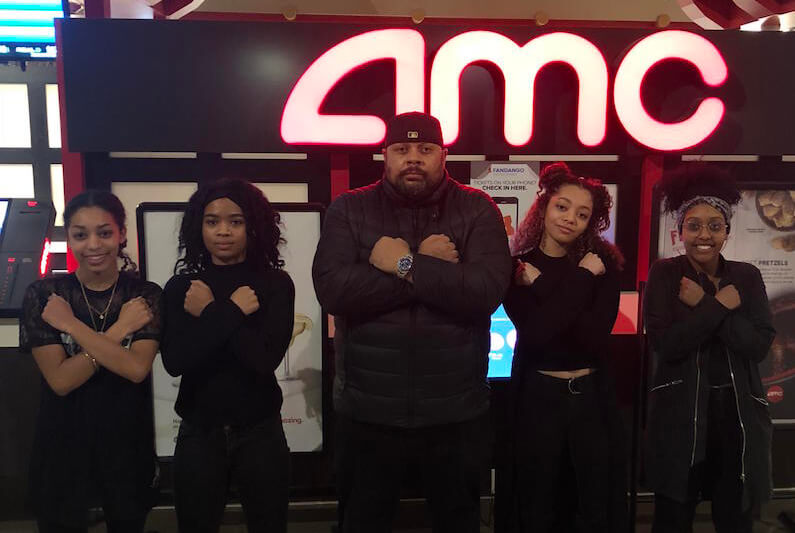
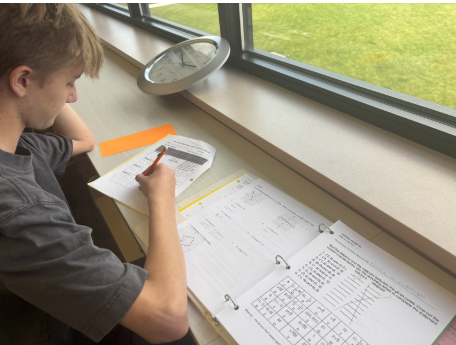
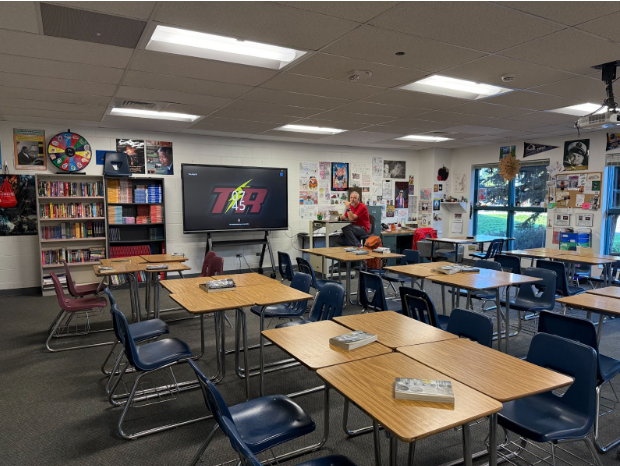
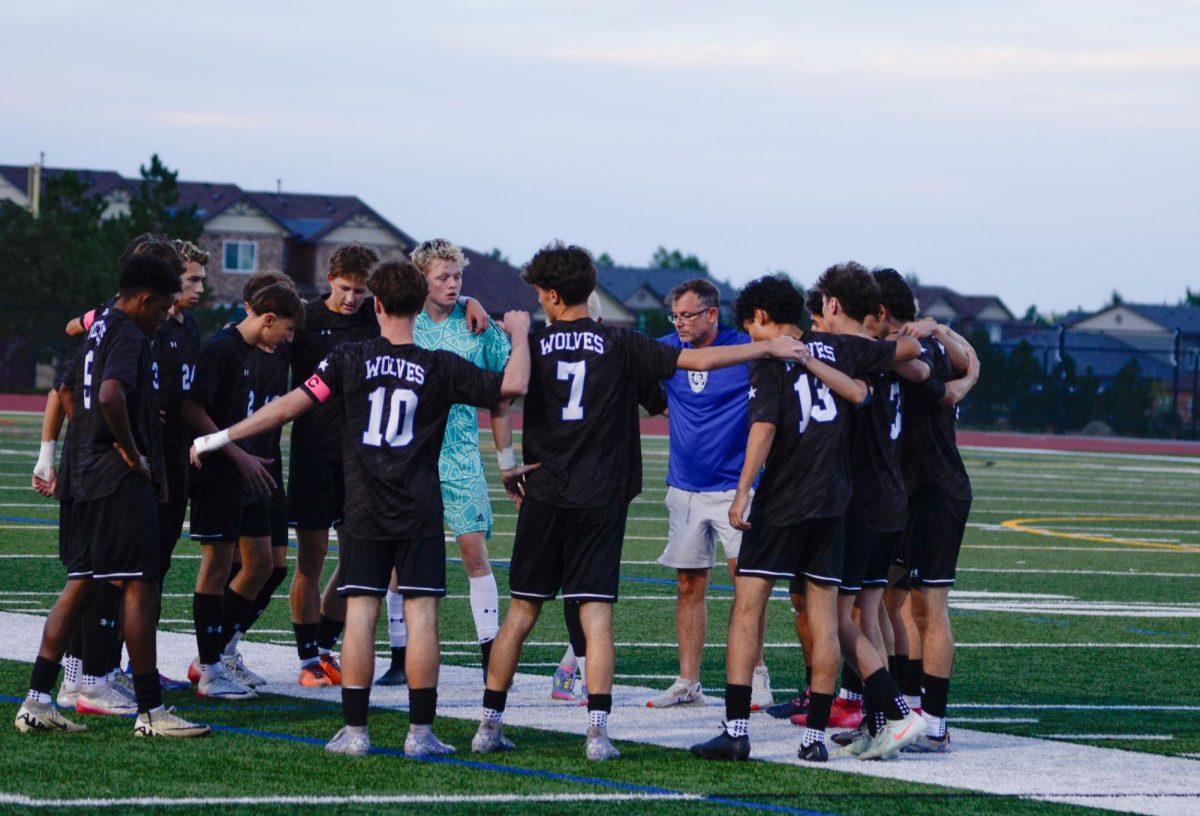
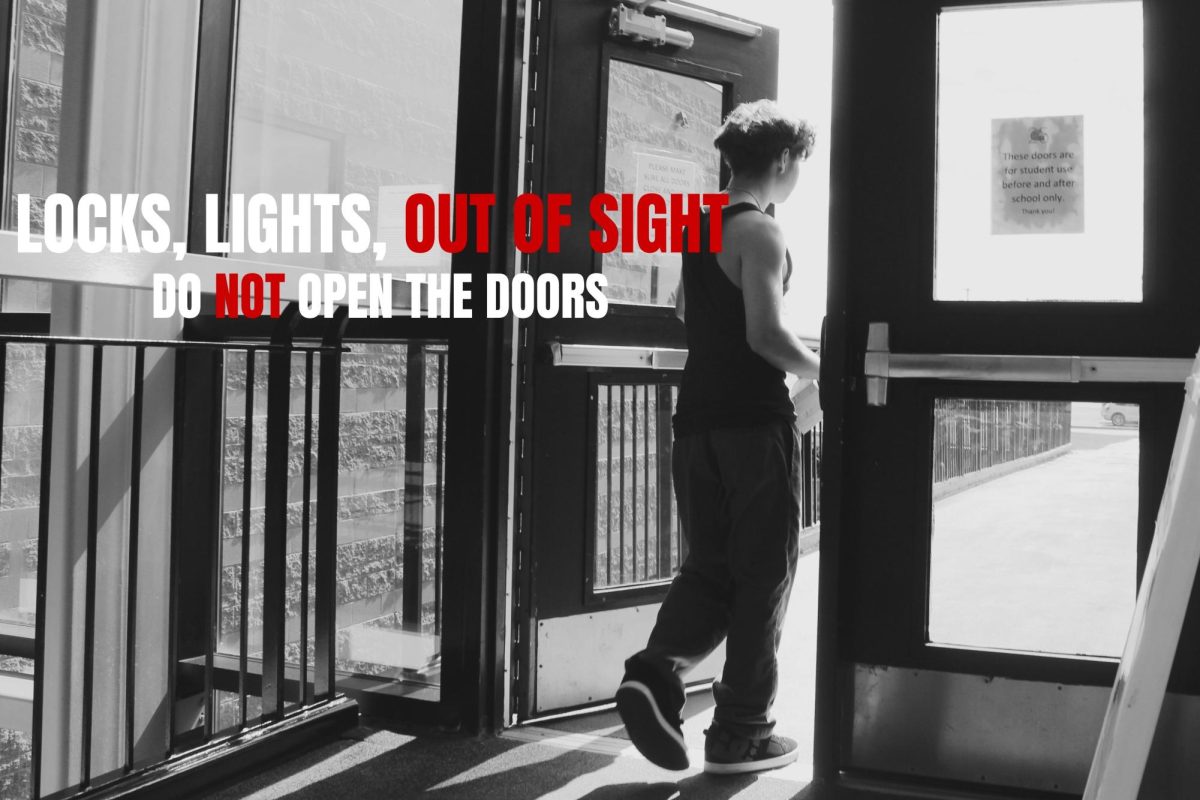
![A Vest Won’t Protect You [OPINION]](https://ghschronicle.com/wp-content/uploads/2025/09/KoltonZuckerVestPosterOffWhite.png)
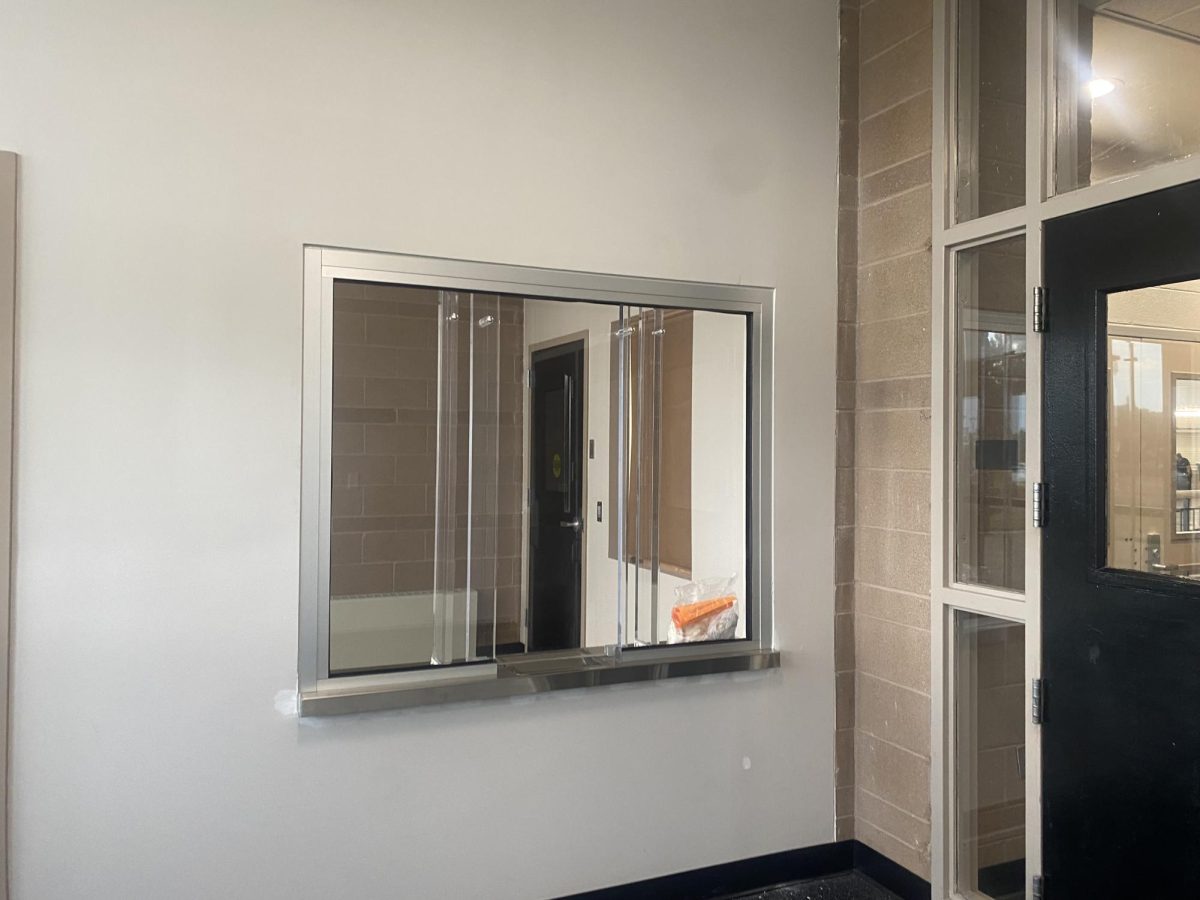
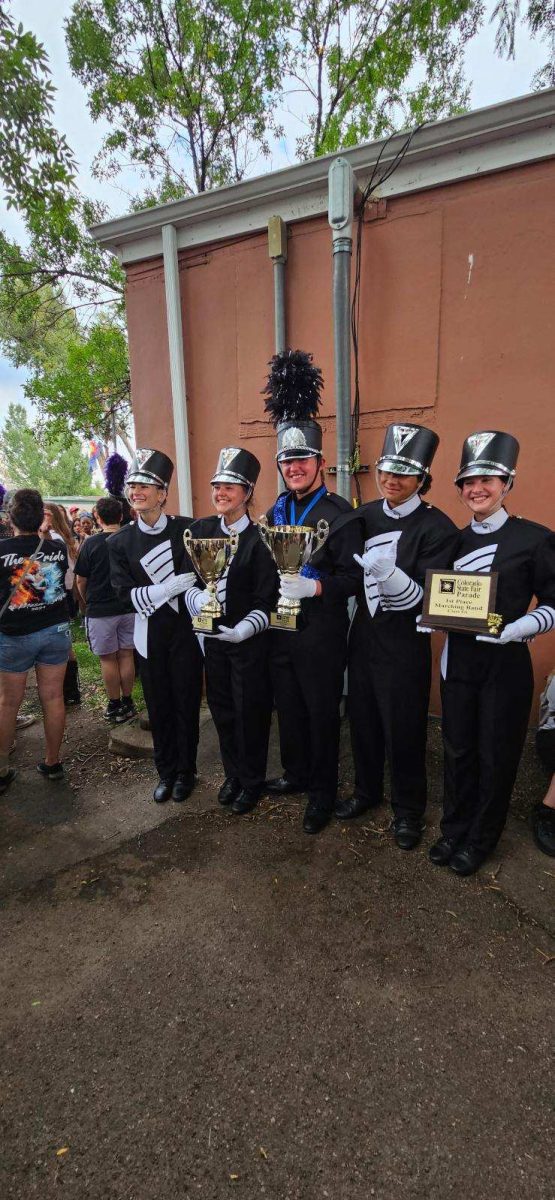
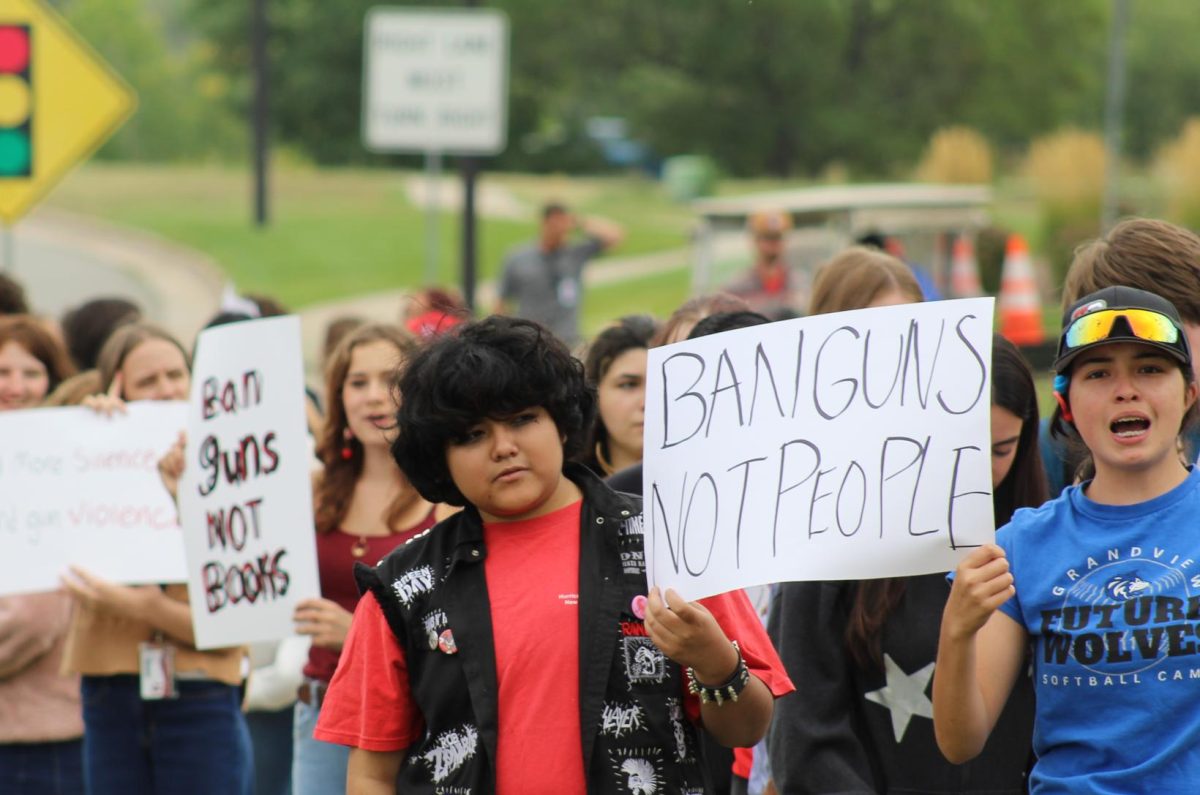
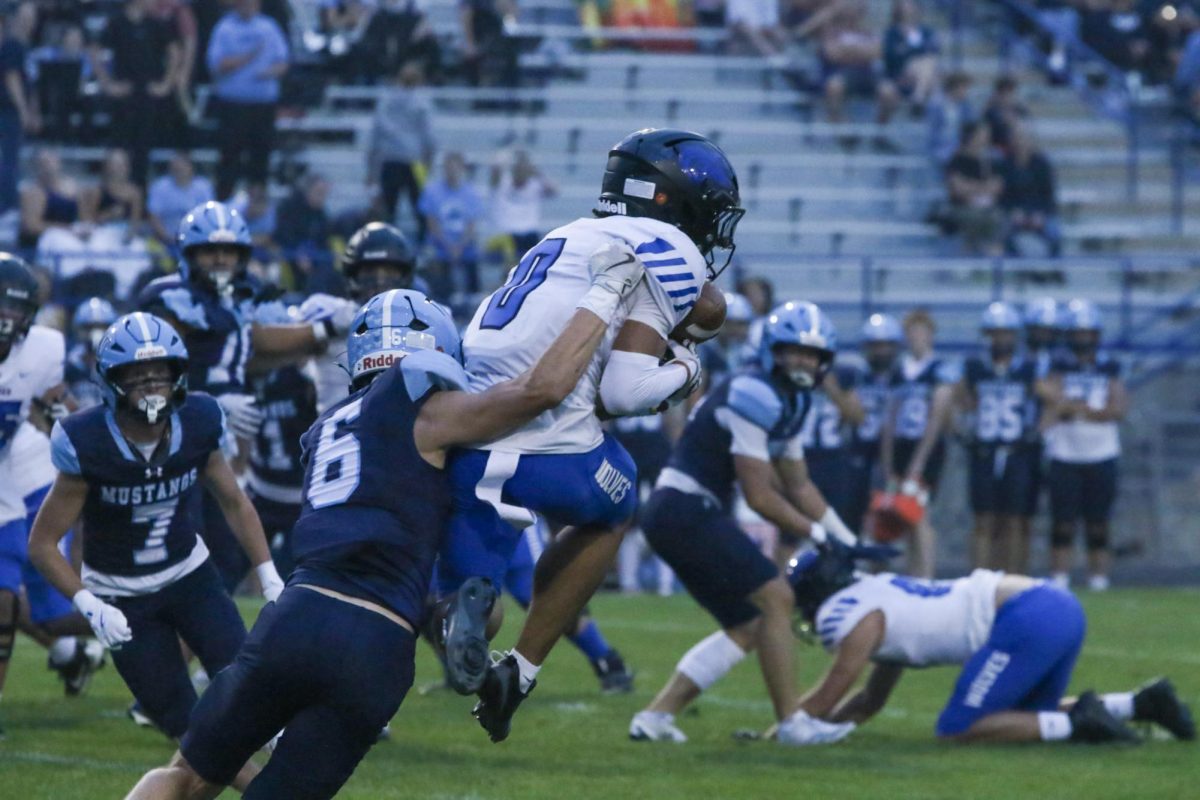
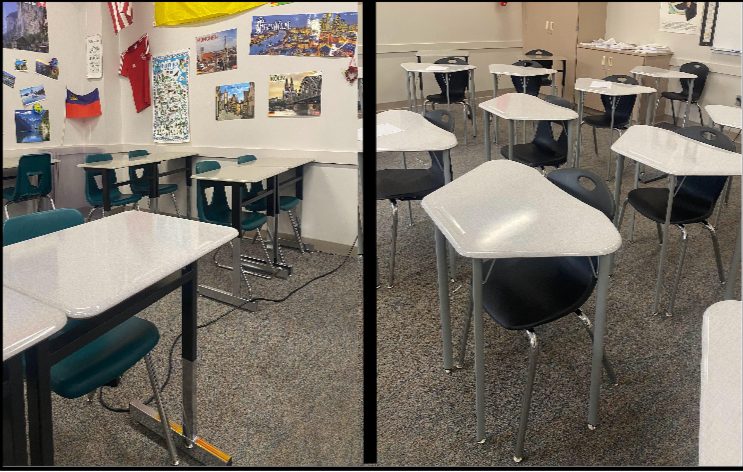

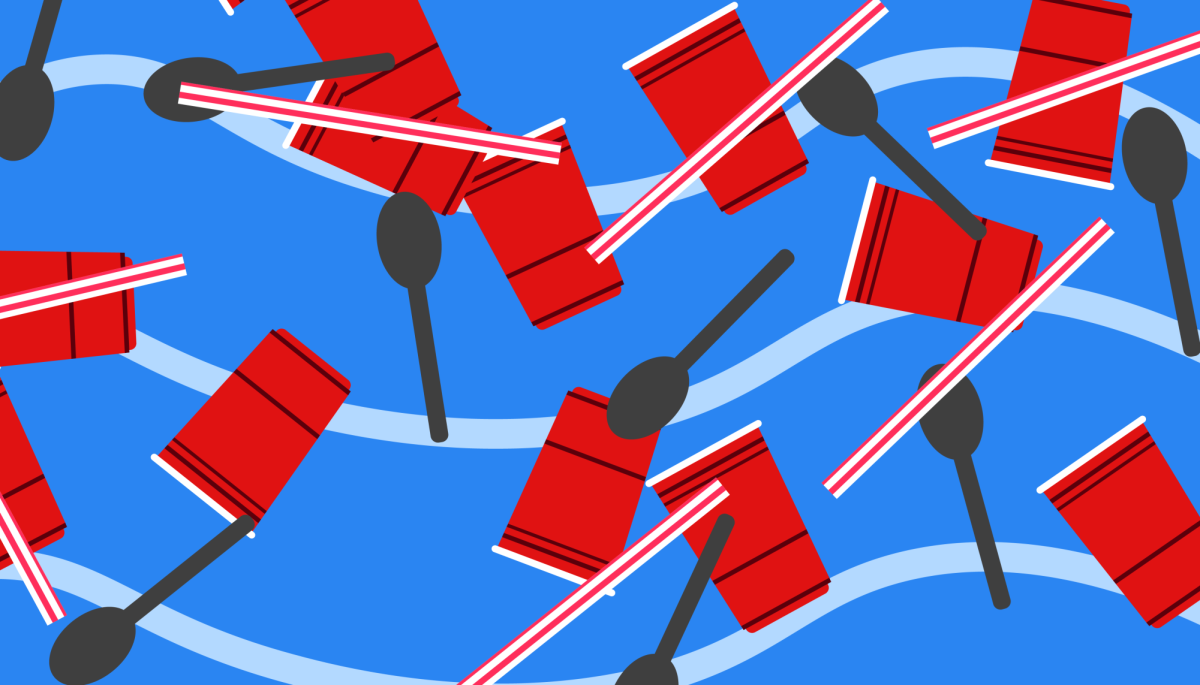
![Executive Order: Ending Radical Indoctrination in K-12 Schooling [OPINION]](https://ghschronicle.com/wp-content/uploads/2025/04/Screenshot-2025-04-23-at-2.51.41 PM-1200x674.png)
